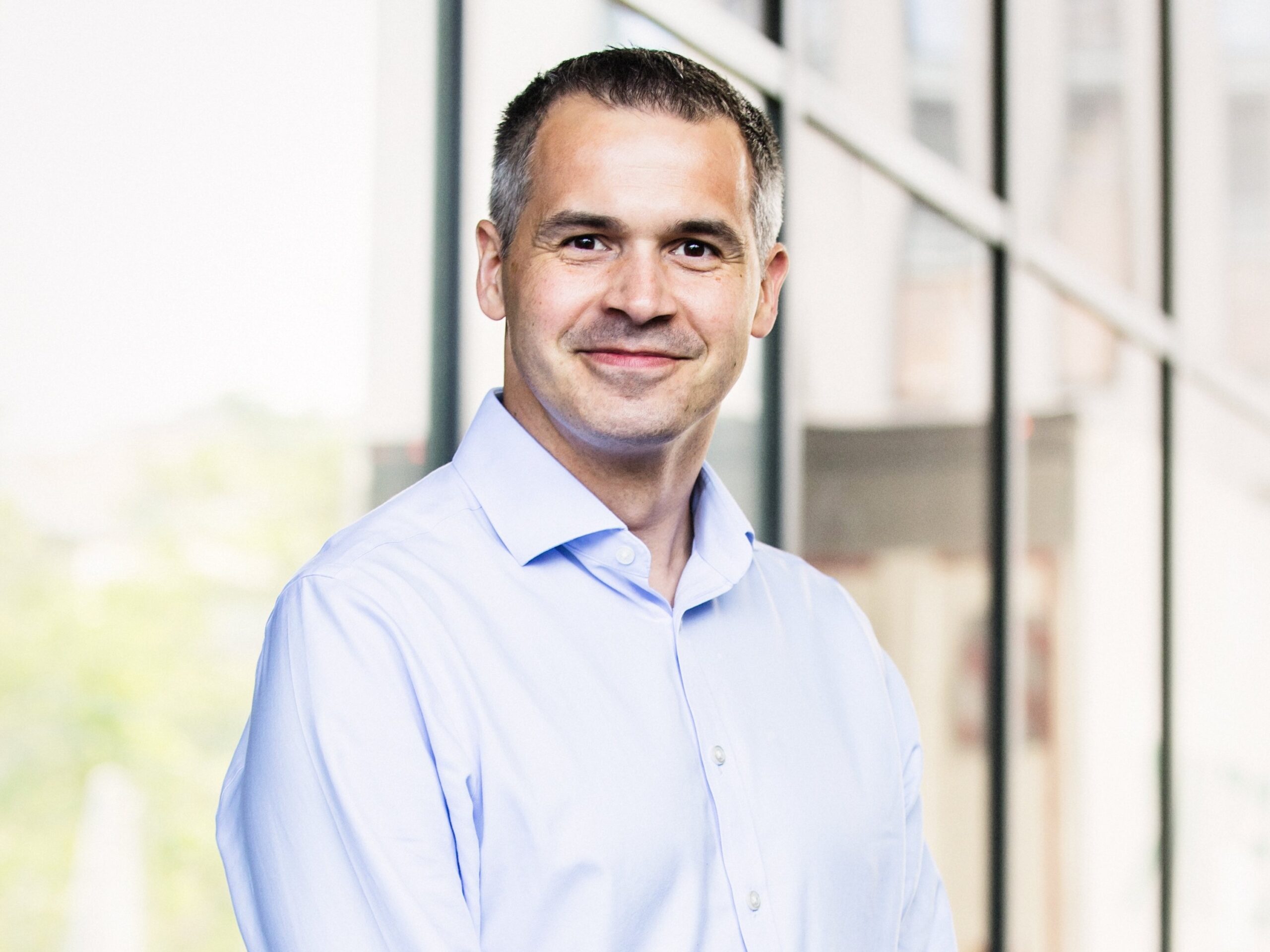Project PHOEBE (‘Predictive Approaches for Safer Urban Environment’) is underway in Europe and pilot leaders, including iRAP’s Shona Holroyd and James Bradford, have shared the state of play of the pilots in Athens, Valencia and West Midlands.
The innovative 3.5 year project involving 11 sector-leading partners aims to develop an integrated, dynamic, human-centred, predictive safety assessment framework for vulnerable road users in urban areas. It is bringing together the inter-disciplinary power of traffic simulation, road safety assessment, human behaviour, mode shift and induced demand modelling, as well as new and emerging mobility data into a harmonised, prospective assessment framework for road safety.
PHOEBE will provide the technical specifications and data optimization flows to policymakers, transport planners and traffic analysts, decisively incorporating road safety as a performance indicator in traffic modelling that links to the UN Global Targets. It will allow foreseeing the risk of introducing new modes of transport, technological and regulatory changes in transport systems in a virtual simulation environment where it is urgent to consider the demands of vulnerable road users.
Interview with Shona Holroyd, Project Coordinator and Chief Financial Officer, iRAP
Interview with Marc Figuls (Pilot leader for Valencia – Factual Consulting)
Interview with Sam Chapman (Pilot leader for West Midlands- The Floow)
Interview with Apostolos Ziakopoulos, NTUA
Interview with James Bradford, Project Technical Manager and Global Technical Director, iRAP

Click here to see James’ interview on how to protect vulnerable road users.
The results of Project PHOEBE, funded by the Horizon Europe, will provide a blueprint for other European cities, providing a socioeconomic analysis model, urban road safety assessment, and human behaviour and choice modelling, which connect the models and methods of iRAP and Aimsun to promote vulnerable road user safety in urban areas.
The consortium brings together a unique and diverse team with the established track record of delivering highly innovative and evidence-based European Commission projects and solutions. By connecting the models and methods of iRAP and Aimsun, and by using the stakeholder networks of POLIS and EuroRAP/EIRA, the technology and big data skills of The Floow, Factual Consulting, and OSeven and the human behaviour, mode shift and policy and socioeconomic analysis skills of the University partners (NTU Athens, TU Delft, TU Munich and UP Valencia), the consortium is confident that PHOEBE will deliver on the expected outcomes and support “safe, seamless, smart, inclusive, resilient and sustainable mobility systems for people and goods” and save lives.
The PHOEBE Project is funded by the Horizon Europe under grant agreement No. 101076963. UK participants are supported by UKRI grant numbers 10038897 (iRAP) and 10056912 (The Floow).
Read more on and follow the progress of Project PHOEBE at https://phoebe-project.eu, as well as on LinkedIn and Twitter.

















